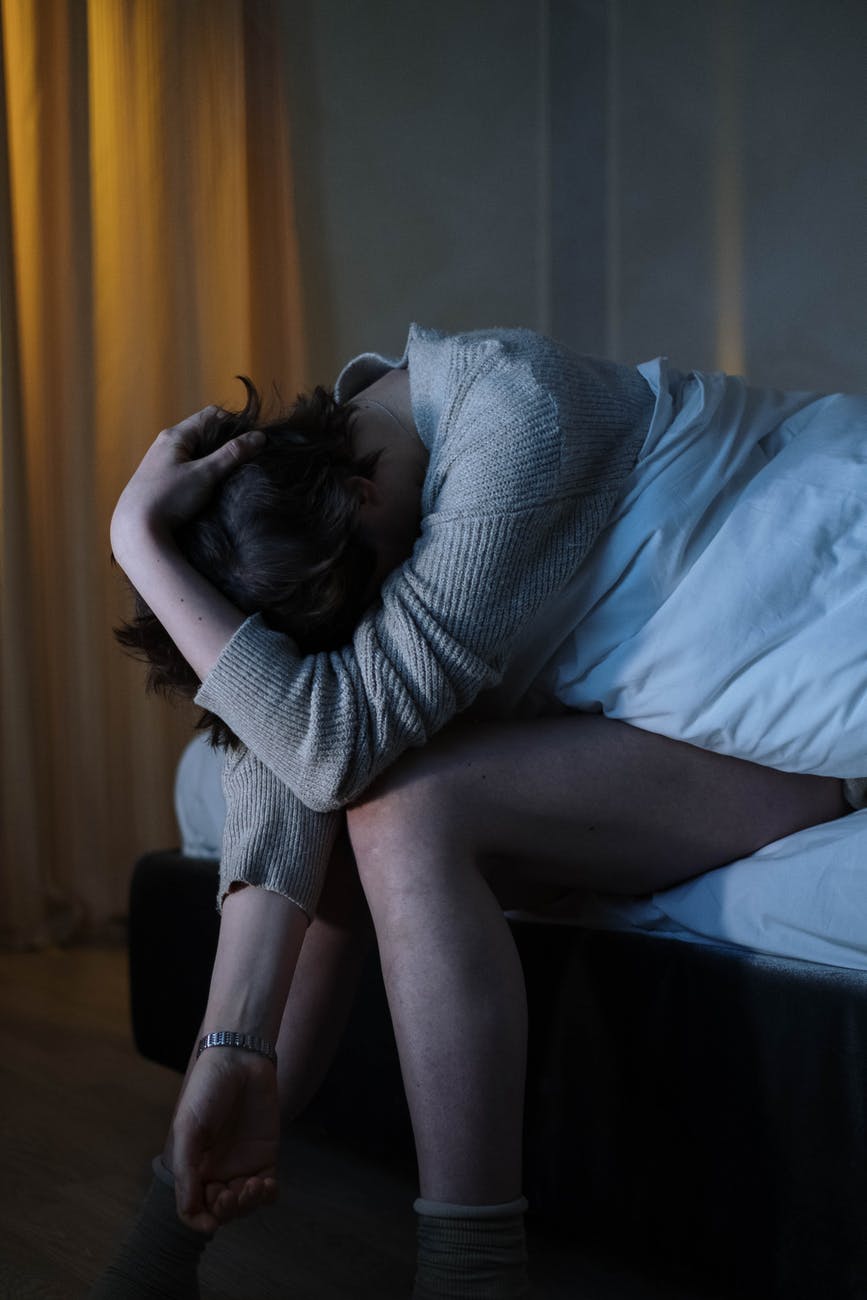As every parent knows, daylight saving is a bitch. The twice-yearly ritual of shifting the clocks is rife with sleep deprivation and bad moods. I have been rubbing my eyes blearily every morning this past week as my four-year-old adjusts back to standard time (I feel like he only recently got used to daylight saving time). But the thing is, the change in time doesn’t just affect us for a few days, or a few weeks. It goes a lot deeper than that. I can rest easy for now, as the shift in clocks back an hour in autumn, giving us all an ‘extra’ hour of the day, is a pain to get used to but hasn’t actually been linked to any serious health affects. The shift forward in spring, however, has.
Daylight saving time is not as well aligned to sunrise and sunset as standard time, so it puts us at odds with our natural body clocks. Morning light is delayed by an hour and it doesn’t get dark till an hour later. The idea behind shifting the clocks to make it this way stems from conserving electricity during world wars. It was thought that if it were lighter later on in the day, people wouldn’t use as much power. Turns out, that’s not the case. So, these days, daylight saving time is basically just so you can have fun later at night in summer. But at what cost?
Morning light is actually incredibly important. It wakes us up and makes us feel alert and happy. I think we can all identify with the bleakness of getting up and going to school or work in the dark – it sure ain’t fun. By the same token, the gradual onset of darkness as the sun sets releases melatonin, which helps us sleep. This is why dimming the lights before going to bed is such a good idea (see my blog post on sleep tips here). Daylight saving time means it’s lighter later at night, which delays melatonin release and makes it harder to fall asleep. For teens, it gets even worse. Puberty comes with a natural delay in melatonin release that is exacerbated by daylight saving time – cue drowsy teens drifting off in school.
The actual day and following few weeks after shifting the clocks forward sees an increase in heart attacks and strokes, which isn’t altogether surprising considering the extra stress we’re under to be an hour earlier for work, school, etc. It also makes sense that car accidents increase because of the sleep deprivation. And it doesn’t end there. Mental and behavioural disorders increase, due to an increase in substance abuse. And stress-related immune diseases like inflammatory bowel disease also spike.
There are long-term effects, too. Fascinatingly, living on the western edge of a time zone increases cancer risk. The further west you live, the more discrepancy there is between your circadian rhythm (your body clock) and the time on your watch, and it’s thought that this circadian disruption is in fact a carcinogen; that is, it causes cancer. This is one of the (many) reasons why shift workers have it so hard. Daylight saving time exacerbates this affect.
It’s no wonder there is ongoing debate over whether we should continue shifting time twice a year. Some people argue the extra hour of sunlight later in the day means more time to get outdoors and exercise. But for my part, I think that is overshadowed by the disruption to circadian rhythm and the health consequences of that. Let’s ditch daylight saving.

